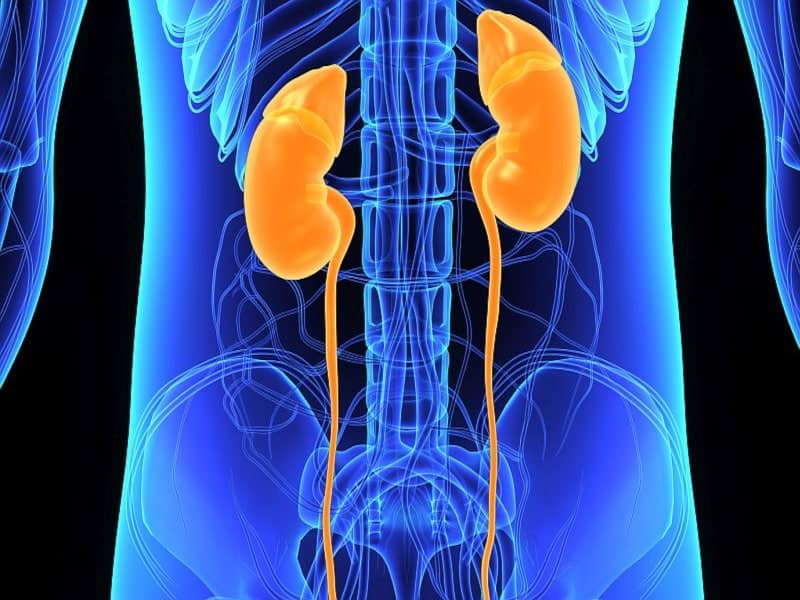FRIDAY, Aug. 23, 2019 (HealthDay News) — Hospitalizations with psychiatric diagnoses are common in pediatric and adult patients with end-stage kidney disease (ESKD) and are associated with increased mortality, according to a study published online Aug. 22 in the Clinical Journal of the American Society of Nephrology.
Paul L. Kimmel, M.D., from the National Institute of Diabetes and Digestive and Kidney Diseases at the National Institutes of Health in Bethesda, Maryland, and colleagues used inpatient claims from the first year of ESKD in adult and pediatric Medicare recipients who initiated treatment from 1996 to 2013 to examine hospitalizations with psychiatric diagnoses.
The researchers found that 72, 66, and 64 percent of elderly adults, adults, and children, respectively, had at least one hospitalization in the first ESKD year. About 2 and 1 percent of adults and children, respectively, were hospitalized with a primary psychiatric diagnosis. Over time, there was an increase in the prevalence of hospitalizations with psychiatric diagnoses, mainly from secondary diagnoses. Overall, 19, 25, and 15 percent of elderly adults, adults, and children, respectively, were hospitalized with a secondary psychiatric diagnosis. All dialysis adults hospitalized with primary or secondary psychiatric diagnoses had higher hazard ratios for all-cause mortality than those hospitalized without psychiatric diagnoses (hazard ratios, 1.29 and 1.11, respectively).
“The findings suggest clinicians who care for hospitalized dialysis patients should be aware of and prepared to manage psychiatric disorders and associated negative outcomes within these populations,” the authors write.
One author disclosed financial ties to the publishing industry.
Abstract/Full Text
Editorial
Patient Voice
Copyright © 2019 HealthDay. All rights reserved.



